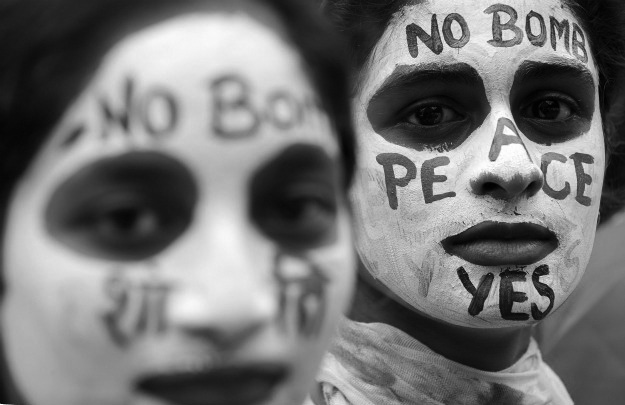As the colder months begin in Europe, people and governments alike need combustible fuels such as gasoline and diesel to heat their homes, fuel transportation, and provide positive economic conditions for their nations.
Russia, which according to the IEA accounts for 14% of the world’s fuel supply, has issued a “temporary” ban on gasoline and diesel exports to all but 4 post-soviet states. As most of the West has turned against Russia with economic and social sanctions, we’ve seen McDonalds turn into “My Burger” and Coca-Cola turn into “CoolaCola”.
Western money and influence have left the warring state, which in turn has sent it into a downward spiral economically. Last Thursday, Prime Minister Mikhail Mushistin, signed a special decree that severely limited oil and gas exports. Moscow considered it a “temporary” measure, but with no specific end date being named, Western governments can largely assume it will remain in place for a significant part of the future.
As Russia continues to wage war with tanks and guns in Ukraine, they have now stepped into a new type of war: that is, an economic one. We’ve seen this before. In July 1941, the United States banned oil exports to Japan, due to its aggression towards sovereign states in World War II. Although this isn’t a carbon copy of the situation in the 40’s, we are still seeing a major nuclear state (Russia) engage in economic securitization.
This is problematic for a number of reasons. Firstly, this move by the Kremlin will result in a potential fuel crisis for Europe and other states aligned with the West, the most economically productive of these being Germany. This could leave investors wary, and kick an aching European market while it is already down.
Not only could this fuel ban affect Europe because of its effects on a much-needed commodity, but it could also affect the U.S. market due to our globalized economy.
This move also affects civilians. Without fuel to heat homes and workplaces, or power public transport and cars, we will see an even more severe effect on the economy. As we approach the cold, desolate winter in Europe, homes will be unlivable as citizens will be unable to heat them.
This could result in illness and even deaths, particularly in the elderly and other vulnerable groups. On the other hand, it remains to be seen how this move will affect Russia as a whole. The aforementioned Western sanctions have made Russia’s economy one of the least efficient since their “Special Military Operation” in Ukraine back in February 2022.
Given that the Russian economy essentially relies on oil and gas exports to remain afloat after most major companies have abandoned ship in the hermit nation. One source, who asked not to be named, had this to add on the issue: “Russia is a gas station with nukes. I look forward to seeing the consequences of their poor policy planning, and I personally think that this move will turn public opinion even further against Russia”.
As Russia continues to burn through its strategic reserves of troops and equipment, the tide is turning in Ukraine, and Russia seems intent on playing any last cards it has in its metaphorical deck of international policy.



